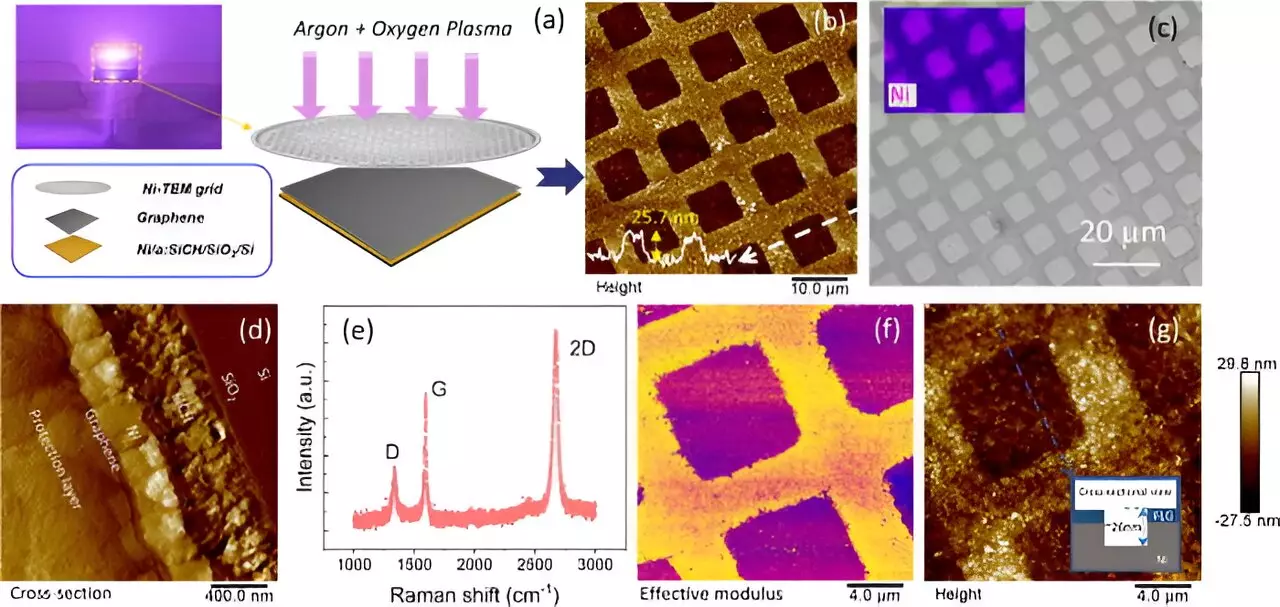In a groundbreaking development, researchers have introduced a novel approach to address the challenge of enhancing the capacity of sodium-ion batteries. This innovative technique, featured in Applied Physics Reviews, was a collaborative effort spearheaded by Professor Oleg Kolosov from Lancaster University and Professor Zhigao Huang from Fujian Normal University.
According to Professor Kolosov, nanoscale investigations of rechargeable storage systems are crucial for the advancement of new, effective, and secure battery technologies. This pioneering research endeavor is poised to provide a more cost-effective and safer energy storage solution compared to traditional lithium-ion batteries, given the scarcity and difficulty of mining lithium in contrast to sodium-based alternatives.
The researchers devised a unique electrochemical ultrasonic force microscopy (EC-UFM) technique for the precise nanoscale imaging of interfaces within rechargeable batteries directly during their operational phase – a breakthrough previously unattainable with existing electrochemical evaluation methods. By leveraging EC-UFM, the team was able to scrutinize the formation and characteristics of solid-state interphase (SEI) – a pivotal component influencing the capacity, efficiency, and longevity of these batteries.
As part of the NEXGENNA Faraday Institution project, this cutting-edge approach successfully tackles the enduring challenge of boosting the capacity of sodium-ion batteries by utilizing a solvent as a medium for the co-intercalation of sodium into the carbon electrode. Through skillful guidance of the SEI layer formation during the battery’s charge and discharge processes, the scientists unlocked the secret to sustaining the seamless movement of charge carriers between the electrolyte and electrode. This breakthrough culminated in the development of highly efficient and potent sodium-ion batteries.
This revolutionary technique marks a significant leap forward in the realm of energy storage research, setting the stage for the proliferation of sodium-ion batteries as a viable and sustainable alternative to conventional lithium-ion counterparts. As science continues to push the boundaries of innovation, the potential for more efficient and environmentally-friendly energy storage solutions becomes increasingly within reach.


Leave a Reply